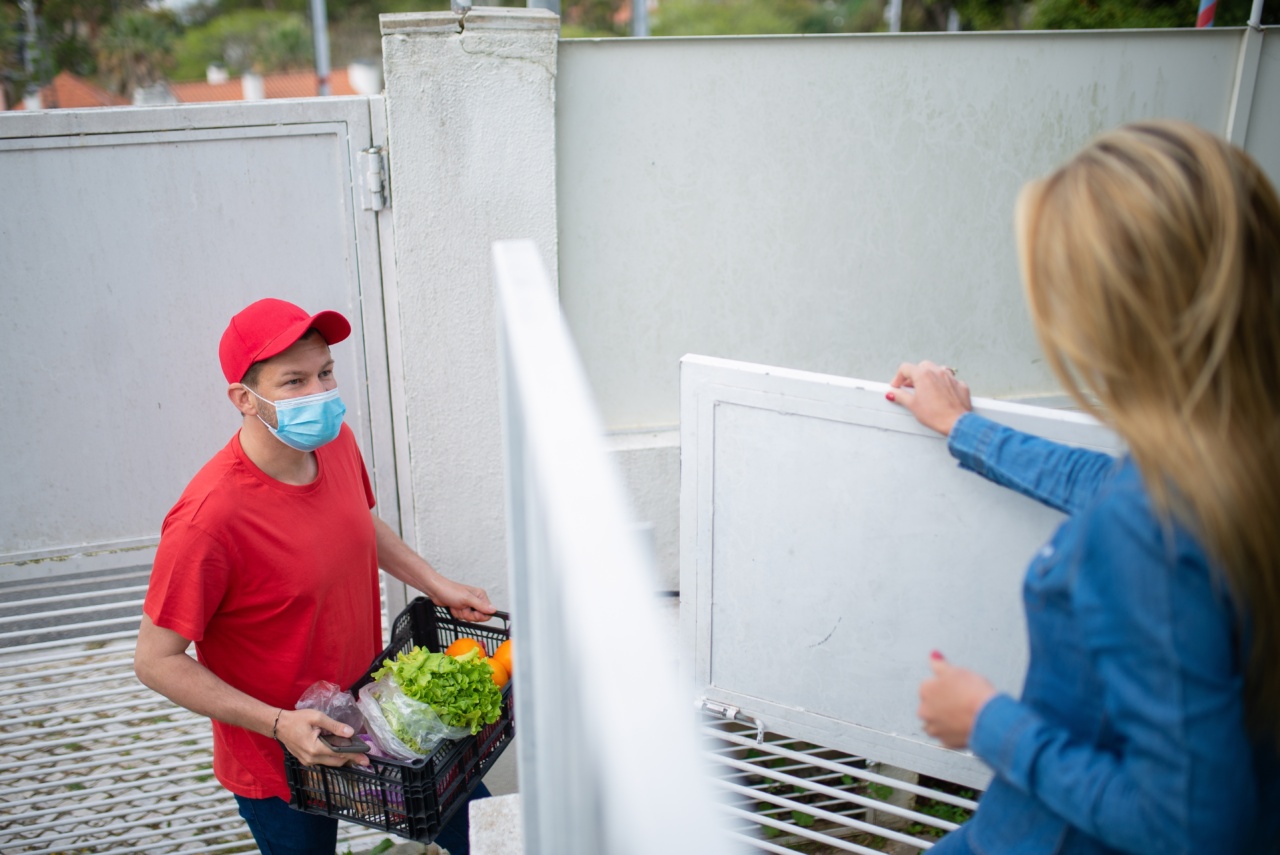Veggies are not only tasty and colorful additions to our meals but are also crucial for maintaining good health and preventing various illnesses. One such disease that can be potentially avoided through a vegetable-rich diet is kidney cancer.
Kidney cancer, also known as renal cell carcinoma, is one of the most common types of cancers and affects thousands of people every year worldwide. In this article, we will explore the link between vegetables and kidney cancer prevention and understand why including them in our daily diet is essential for our well-being.
Understanding Kidney Cancer
Kidney cancer occurs when the cells in the kidney undergo an abnormal growth. These cells form a tumor, which can develop into cancer if left untreated.
The risk factors for kidney cancer include smoking, obesity, high blood pressure, exposure to certain chemicals, and a family history of the disease. Symptoms of kidney cancer may include blood in the urine, lower back pain, unexplained weight loss, fatigue, and persistent fever.
The Link Between Vegetables and Kidney Cancer Prevention
Several studies suggest that consuming a diet rich in vegetables can significantly reduce the risk of kidney cancer. Let’s explore some of the key ways in which vegetables contribute to kidney cancer prevention:.
1. Antioxidant Protection
Vegetables are packed with antioxidants that help protect the body against the harmful effects of free radicals. Free radicals are unstable molecules that can damage the DNA in our cells, leading to cancer development.
By neutralizing these free radicals, antioxidants can prevent the formation of cancerous cells in the kidney.
2. Anti-Inflammatory Properties
Chronic inflammation is associated with an increased risk of developing cancer. Vegetables, especially those rich in phytochemicals and fiber, possess anti-inflammatory properties that help reduce inflammation in the body.
By minimizing inflammation, vegetables can lower the chances of kidney cancer occurrence.
3. Detoxification
Certain vegetables, such as cruciferous vegetables (broccoli, cauliflower, kale, etc.), contain compounds that support the body’s natural detoxification processes.
These compounds help eliminate harmful toxins from the body, including those that contribute to the development of kidney cancer. Including these vegetables in your diet can aid in maintaining a healthy kidney.
4. Weight Management
Obesity is a significant risk factor for kidney cancer. Vegetables, being low in calories and high in fiber, can aid in weight management. They provide essential nutrients without contributing to excessive calorie intake.
By promoting a healthy weight, vegetables reduce the risk of kidney cancer.
5. Rich in Vitamins and Minerals
Vegetables are naturally rich in vitamins and minerals that are vital for maintaining a healthy immune system and overall well-being.
By providing essential nutrients, vegetables help support the body’s defense mechanisms and improve its ability to fight off cancer cells.
6. Hydration
Certain vegetables, such as cucumbers and celery, have high water content. Staying hydrated is crucial for kidney health, as it aids in flushing out toxins and waste products.
Including hydrating vegetables in your diet can contribute to maintaining optimal kidney function and reducing the risk of cancer development.
7. Fiber-Rich Diet
A diet high in fiber is associated with a lower risk of kidney cancer. Vegetables, especially those with edible skins and seeds, are excellent sources of dietary fiber. Fiber plays a crucial role in digestion and helps remove waste products efficiently.
It can also help regulate blood sugar levels and reduce the risk of obesity and diabetes, which are both linked to kidney cancer.
8. Reduced Oxidative Stress
Oxidative stress occurs when there is an imbalance between free radicals and the body’s antioxidant defenses. This imbalance can lead to DNA damage and increase the risk of cancer.
Vegetables, with their abundance of antioxidants, can help reduce oxidative stress and protect against kidney cancer.
9. Variety of Nutrients
Consuming a variety of vegetables ensures that your body receives a wide range of nutrients, including vitamins, minerals, and phytochemicals.
Each vegetable offers a unique combination of nutrients that work synergistically to support overall health and reduce the risk of diseases, including kidney cancer.
10. Blood Pressure Regulation
High blood pressure is a risk factor for kidney cancer. Vegetables, particularly those rich in potassium, such as leafy greens, tomatoes, and sweet potatoes, can help regulate blood pressure levels.
By including these vegetables in your diet, you can lower the risk of kidney cancer associated with hypertension.
Conclusion
Consuming a diet rich in vegetables is essential for kidney cancer prevention.
The various protective properties of vegetables, including their antioxidant effects, anti-inflammatory properties, and role in weight management, detoxification, and blood pressure regulation, make them powerful allies in maintaining kidney health. By incorporating a variety of vegetables into your daily meals, you can reduce the risk of kidney cancer and promote overall well-being.






























